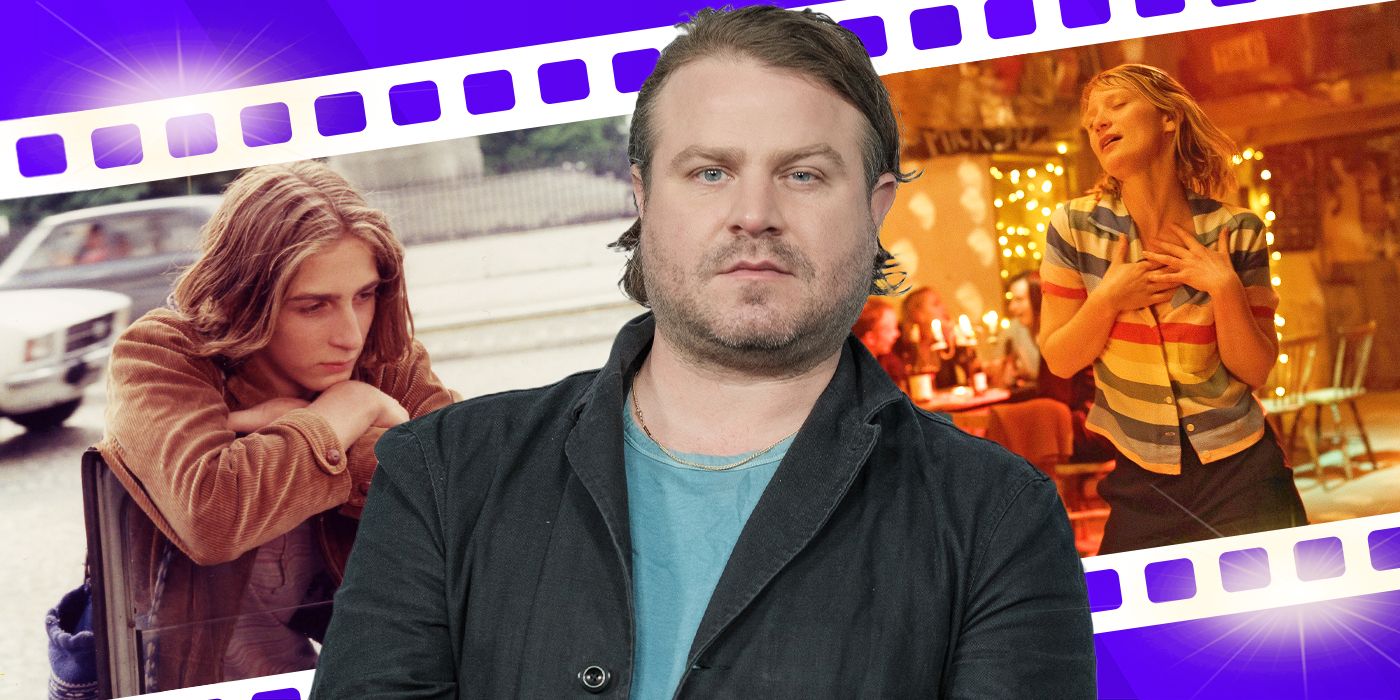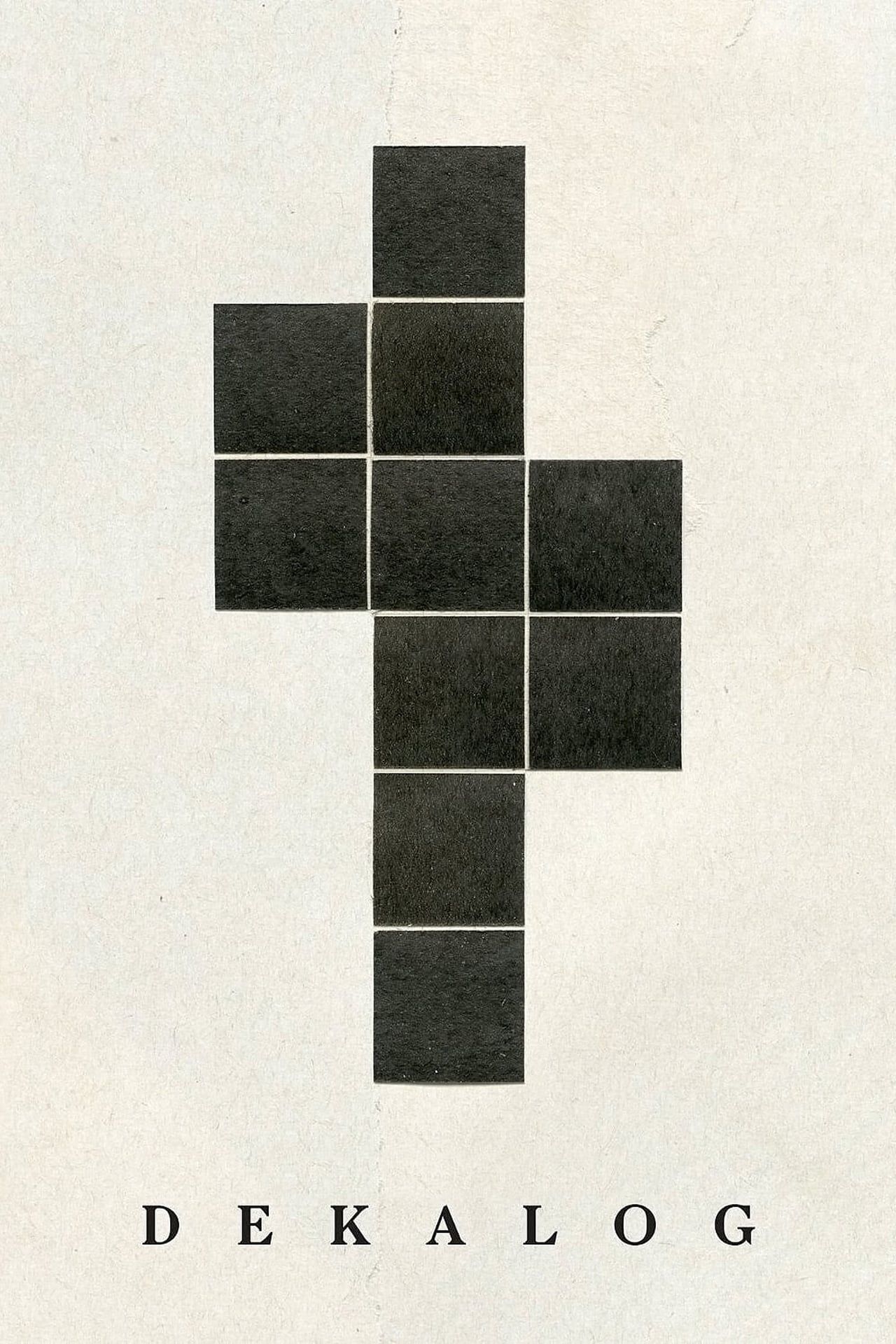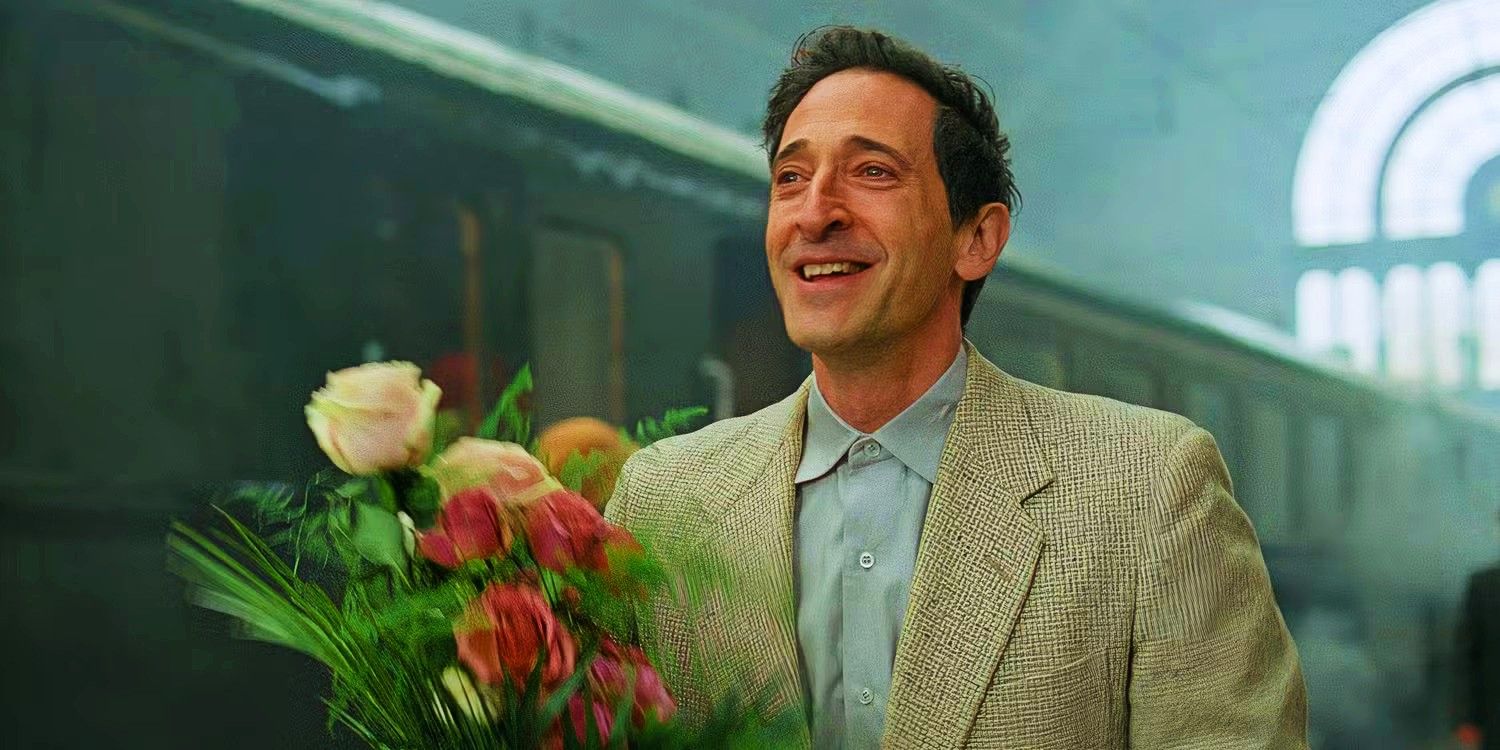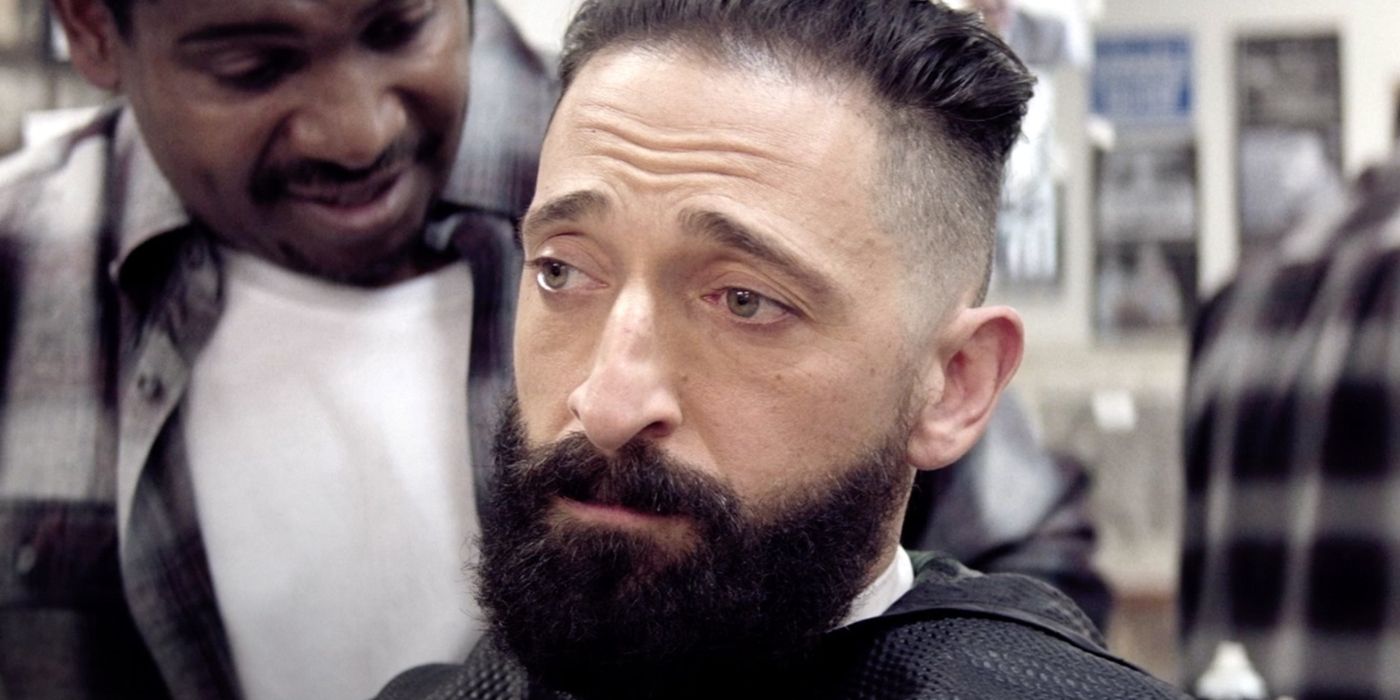Actor/director has been producing quietly great work for decades but gained more attention over the last year with his Oscar-winning movie , starring . That movie is philosophical and meditative, heavy-going but rewarding despite the bleakness. It's a reflection of Corbet's cinematic tastes:
With this in mind, this list delves into some of the director's all-time favorite films, which fans of his own work ought to appreciate. His selections tend to defy easy categorization, blending elements of drama, political critique, and poetic imagery. Whether it's the psychological unease of or the brutal realism of , Corbet’s recommendations offer a glimpse into his own filmmaking sensibility.
"He remembers those vanished years." is a mesmerizing meditation on love, longing, and loneliness, set in 1960s Hong Kong. It follows a group of emotionally adrift characters, including the reckless Yuddy (), who flits from one romance to another, leaving heartbreak in his wake. The women in his life—Su Li-zhen () and Mimi ()—grapple with the pain of loving a man who refuses to be tied down. Meanwhile, a lonely policeman () and Yuddy’s best friend () navigate their own experiences of unfulfilled desire.
While not as masterful as 's , Days of Being Wild is still well worth checking out. . The dreamy cinematography drenches everything in lush greens, deep blues, and noir-inspired shadows. The result looks and feels like a dream or fragmented memory; it's less a traditional story and more a cinematic poem.
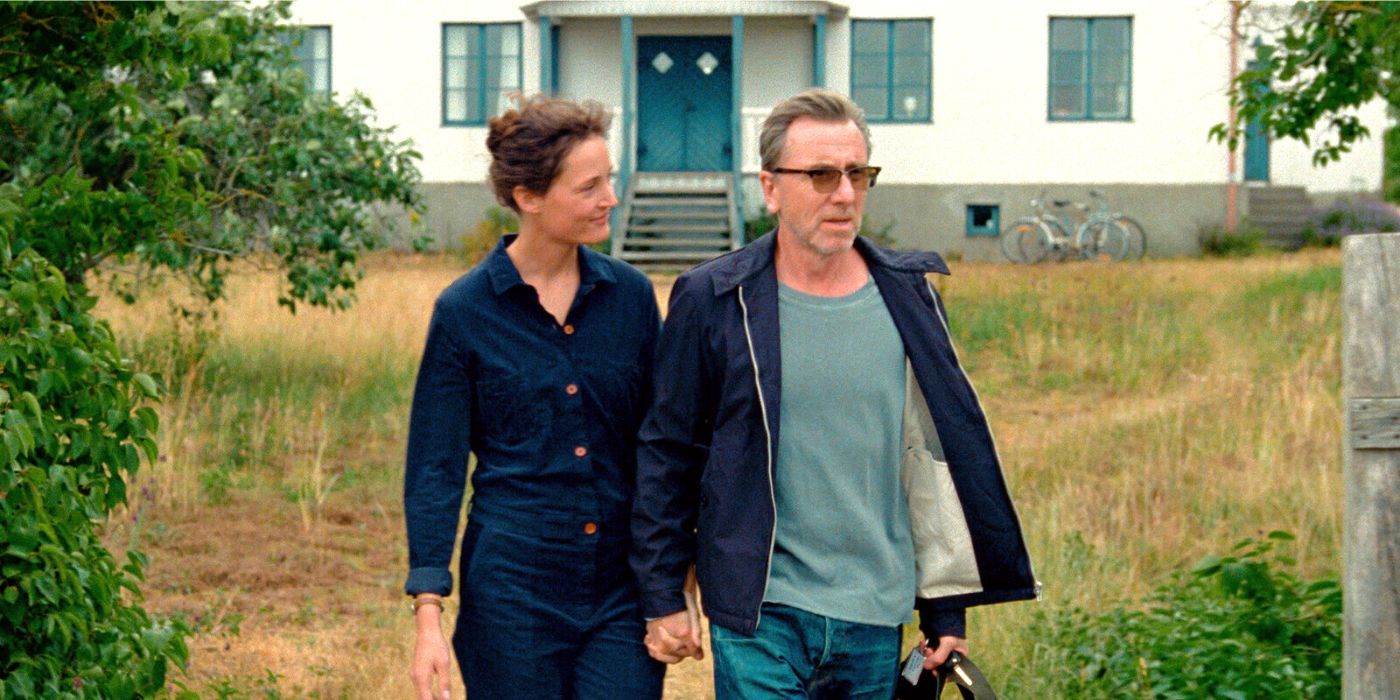
"The hardest thing is to do something which is close to nothing." follows a filmmaking couple, Chris () and Tony (), who retreat to Sweden’s Fårö Island—the place where legendary director lived and worked. As Chris struggles with her screenplay, the lines between her reality and fiction begin to blur, mirroring the way Bergman’s work often explored the intersection of life and art.
as Chris's script, involving a doomed love affair, unfolds alongside her own experiences. "One of my favorite directors that I worked with years ago on a film called ," Corbet said of . "I encourage everyone to seek out [Bergman Island] because I think she is one of our great contemporary treasures." In it, Hansen-Løve deftly navigates these emotional landscapes, portraying both youth and middle age with wisdom and sensitivity. It adds up to an introspective film about art, relationships, and creative influence.
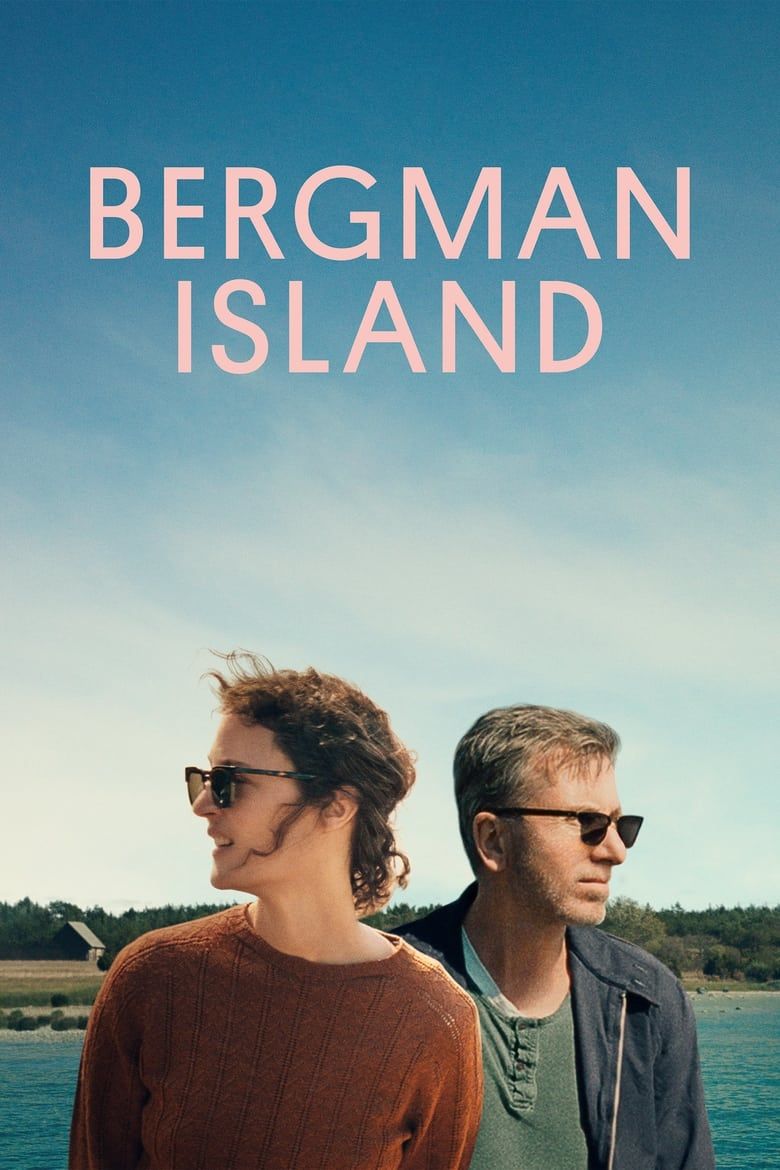
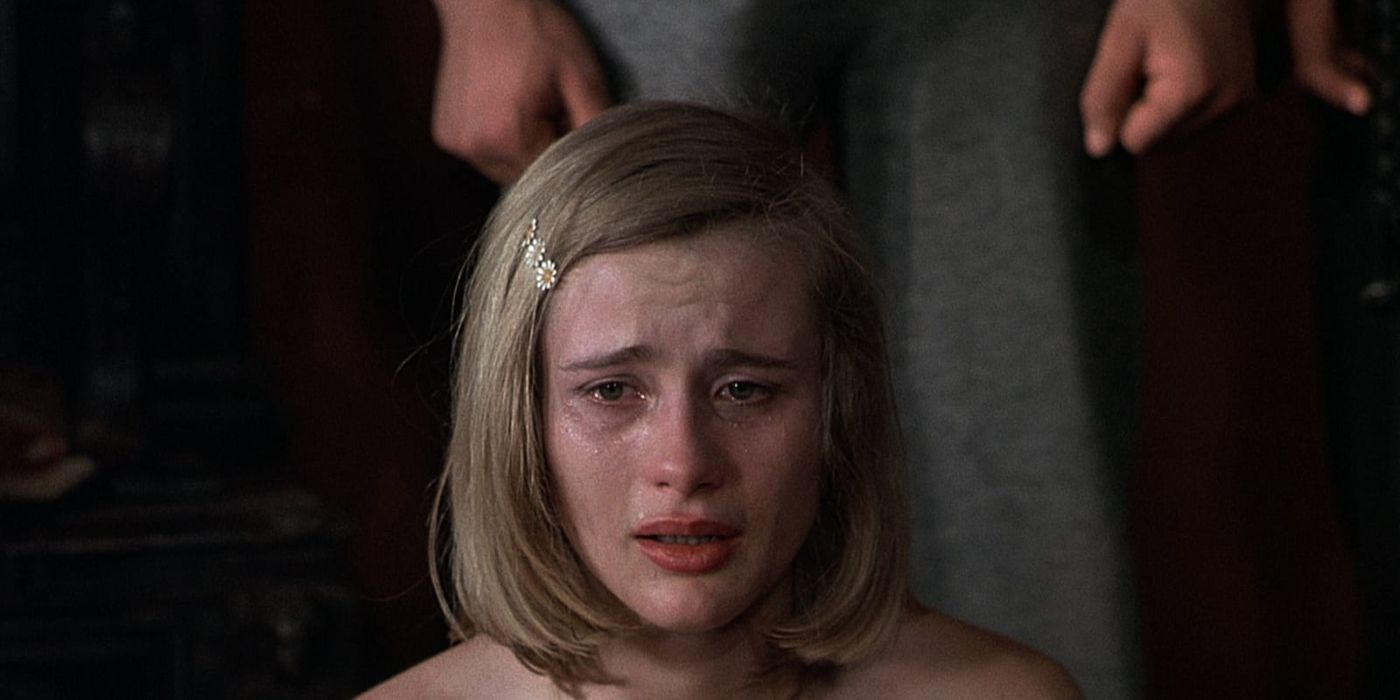
"The only true anarchy is the anarchy of power." Few films have provoked as much controversy as , the dark masterwork by . A harrowing and unrelenting adaptation of the Marquis de Sade’s infamous novel, the film transposes the setting to fascist Italy, where four powerful men abduct young boys and girls and subject them to unimaginable cruelty.
Despite its reputation as an unrelentingly vile and unwatchable experience, Salò is more structured and methodical than its myth suggests. Yes, it’s undeniably frightening; a moral and aesthetic endurance test. Light viewing, this is not, even for ardent horror fans. "One of my favorite films of all time," Corbet said of it. " gave me Salo as a wrap gift on the set of many years ago. A film that I already knew and loved, but it came with a beautiful note from Michael."
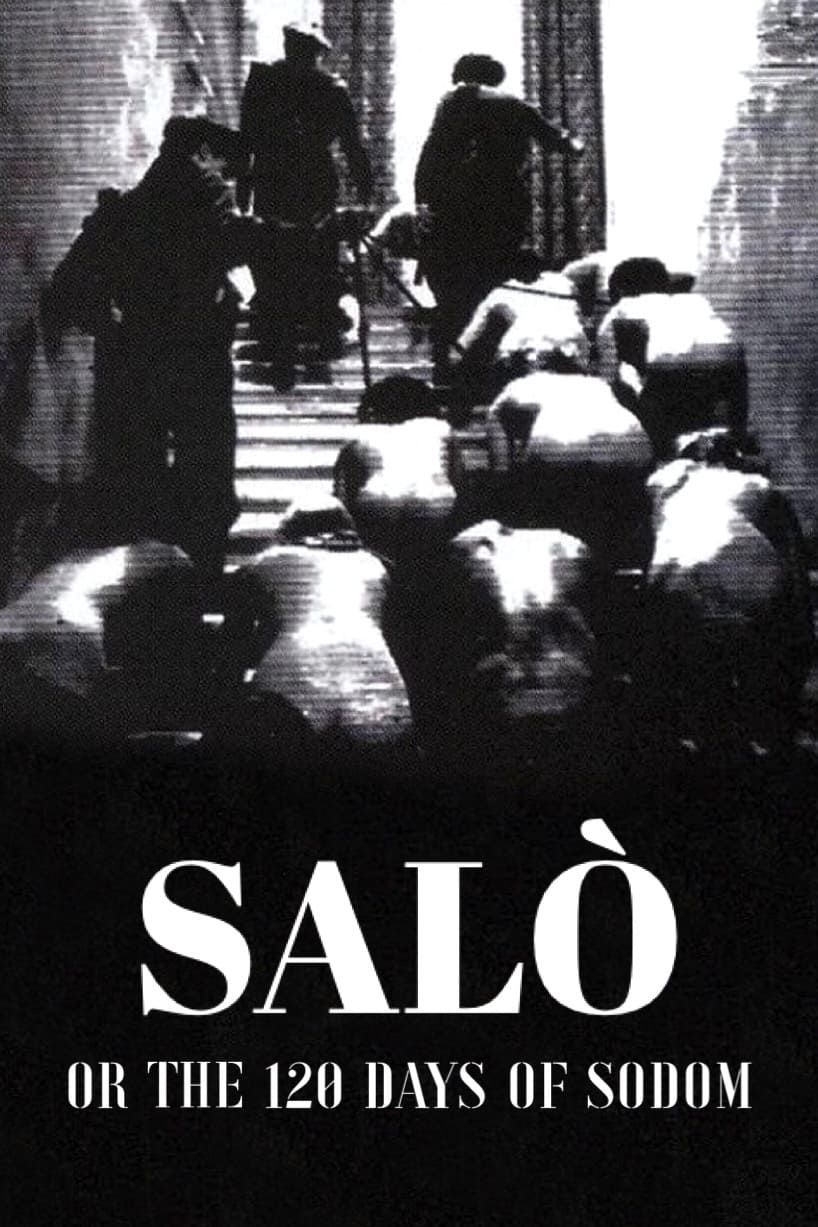
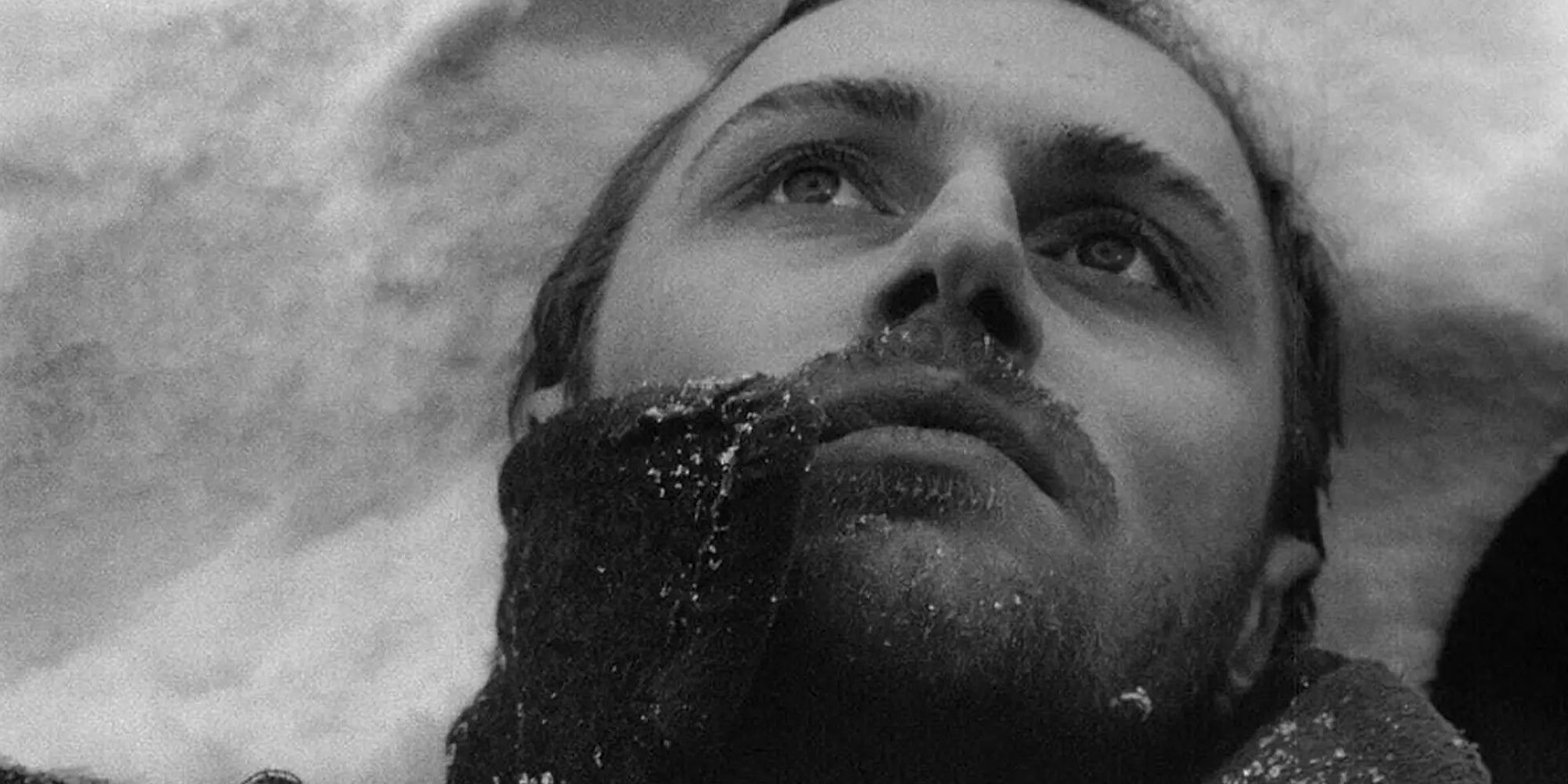
"You must bear your cross." The Ascent focuses on two Soviet soldiers, Sotnikov () and Rybak (), as they navigate the frozen landscapes of Nazi-occupied Belarus. Their journey is one of both physical and spiritual survival, culminating in an intense examination of moral sacrifice and the nature of courage. As one soldier chooses self-preservation and the other chooses martyrdom, the film forces viewers to question what true strength looks like in the face of death.
He called filmmaker "one of the greatest directors in the history of the medium [...] I cherish all four of her pictures she made before she passed away." Here, the director demonstrates a singular ability to evoke mood through her stark, icy visuals, managing to be brutally honest without becoming depressingly bleak.
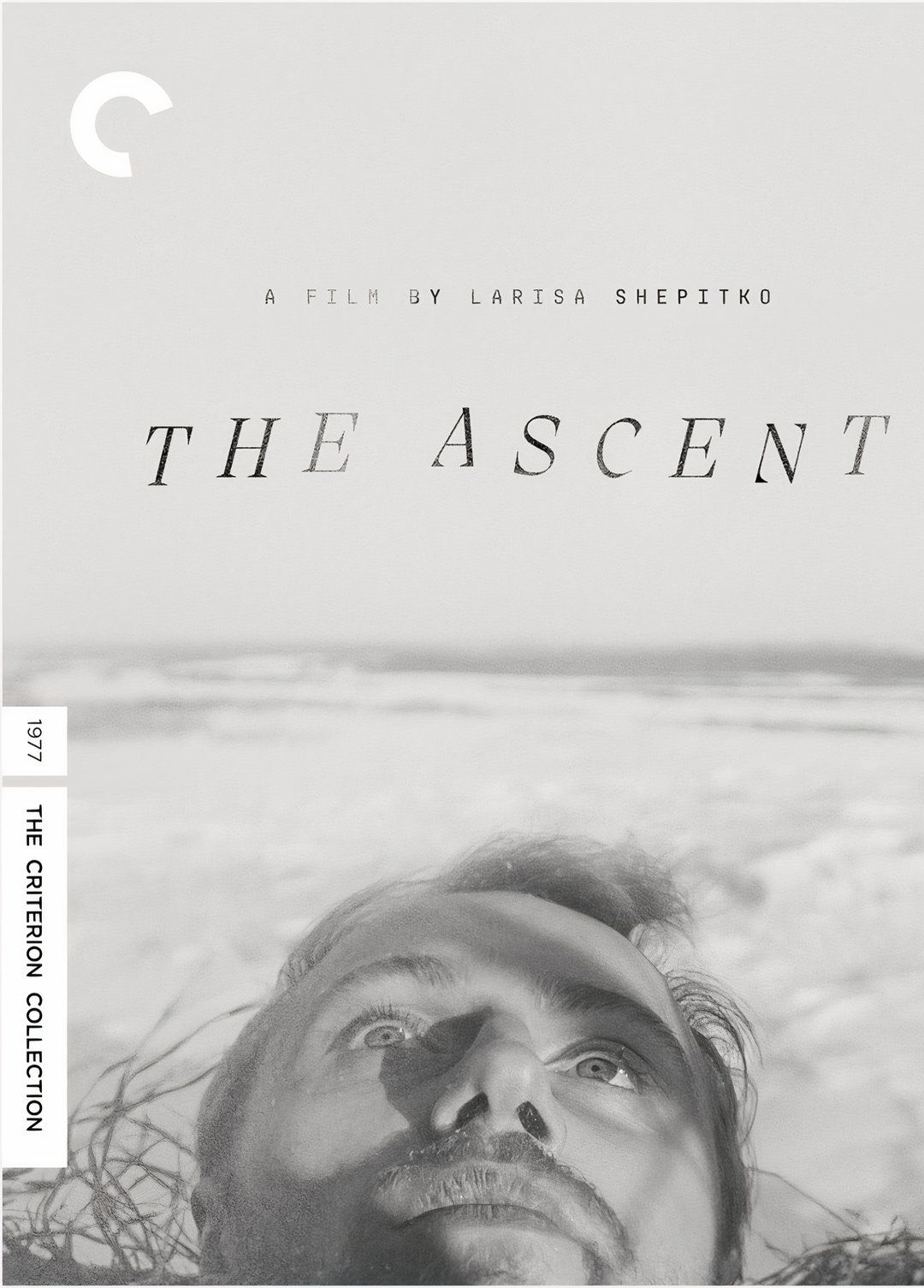
The Ascent
- April 2, 1977
- 1h 51m
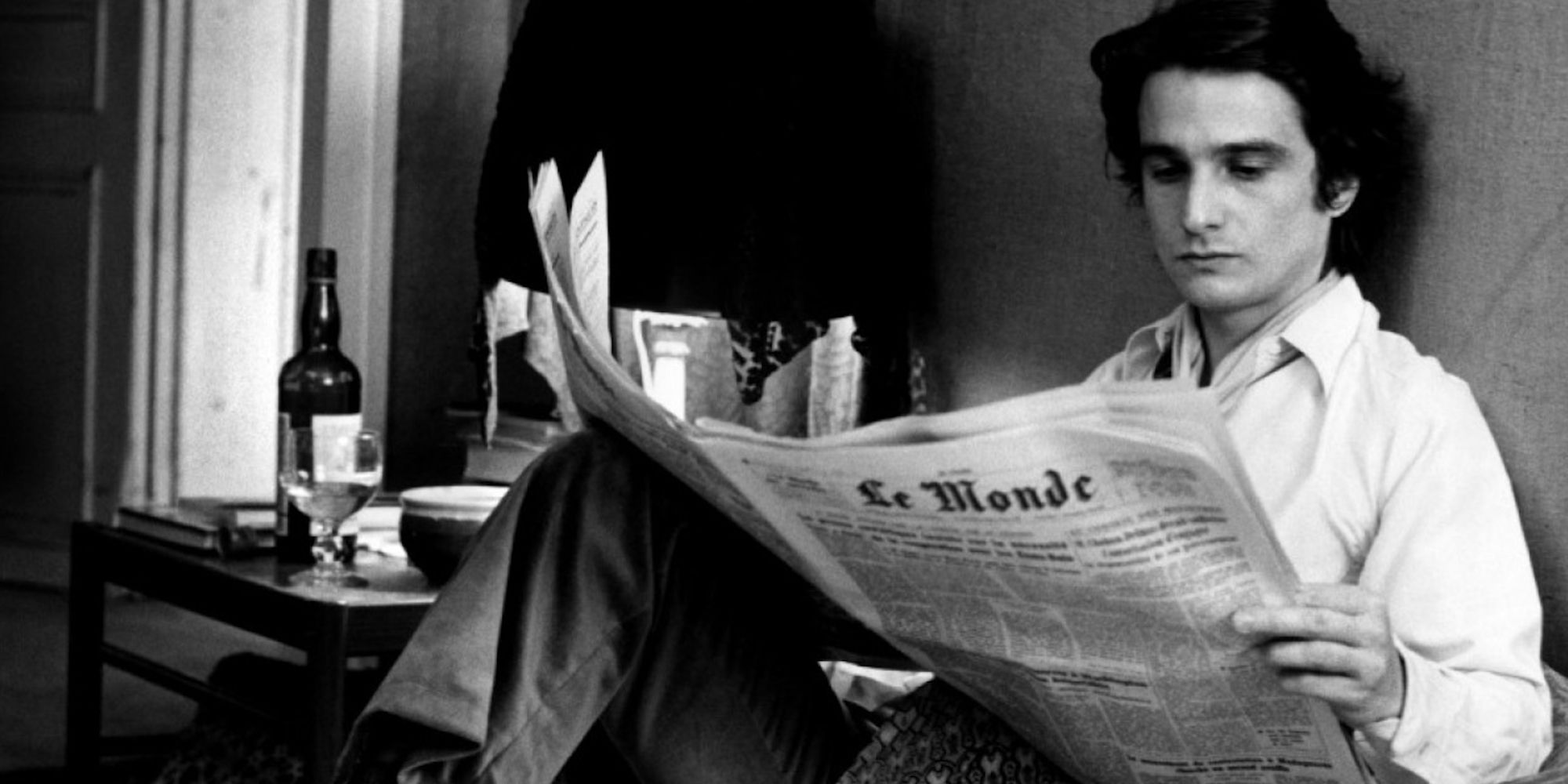
"Love should be reinvented." A classic of French cinema, is a brilliant snapshot of the that country's disillusioned youth in the years after the protests and upheaval of 1968. Alexandre () drifts through Paris, involved with both his bourgeois girlfriend Marie () and the free-spirited Veronika ().
The film unfolds in long, unbroken takes of raw, confessional dialogue, feeling at times more like a documentary. "It's so hypnotic and for some reason, at four hours long or whatever, you can rewatch it again and again and discover something new. It's really just one of the greatest." The Mother and the Whore doesn't always justify its gargantuan length. A few sections begin to flag. Nevertheless, many cinephiles will still appreciate its deconstruction of '60s-era idealism. Instead of being hippy-ish, The Mother and the Whore is raw, bitter, and deeply cynical.
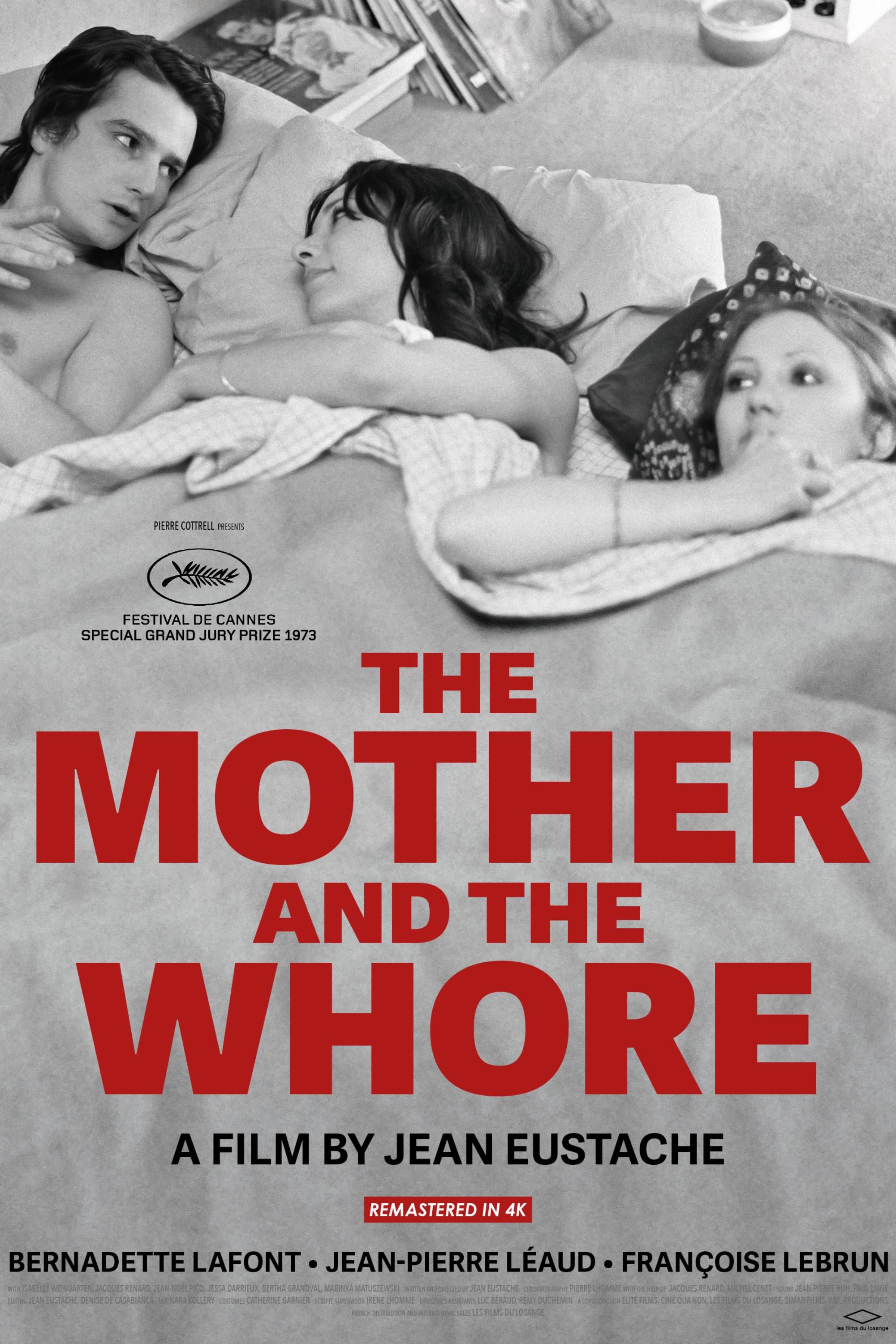
"The world is a cruel and beautiful place." is an epic medieval drama unlike any other. It chronicles the conflict between warring clans in Bohemia, centering on a young woman, Marketa (), who is caught between religious devotion and the brutal realities of a lawless world. Unlike traditional historical dramas, Marketa Lazarova rejects clear-cut storytelling in favor of a fragmented, poetic approach, immersing viewers in a landscape of violence, mysticism, and primal human emotion.
In this regard, The breathtaking black-and-white cinematography, experimental editing, and immersive sound design create an almost dreamlike experience. Every shot feels like a medieval painting brought to life. Director was relentless in his pursuit of authenticity, demanding extensive historical research to ensure a level of realism rarely achieved in medieval epics. "One of the great unsung masterpieces of Czech cinema," Corbet said of it.
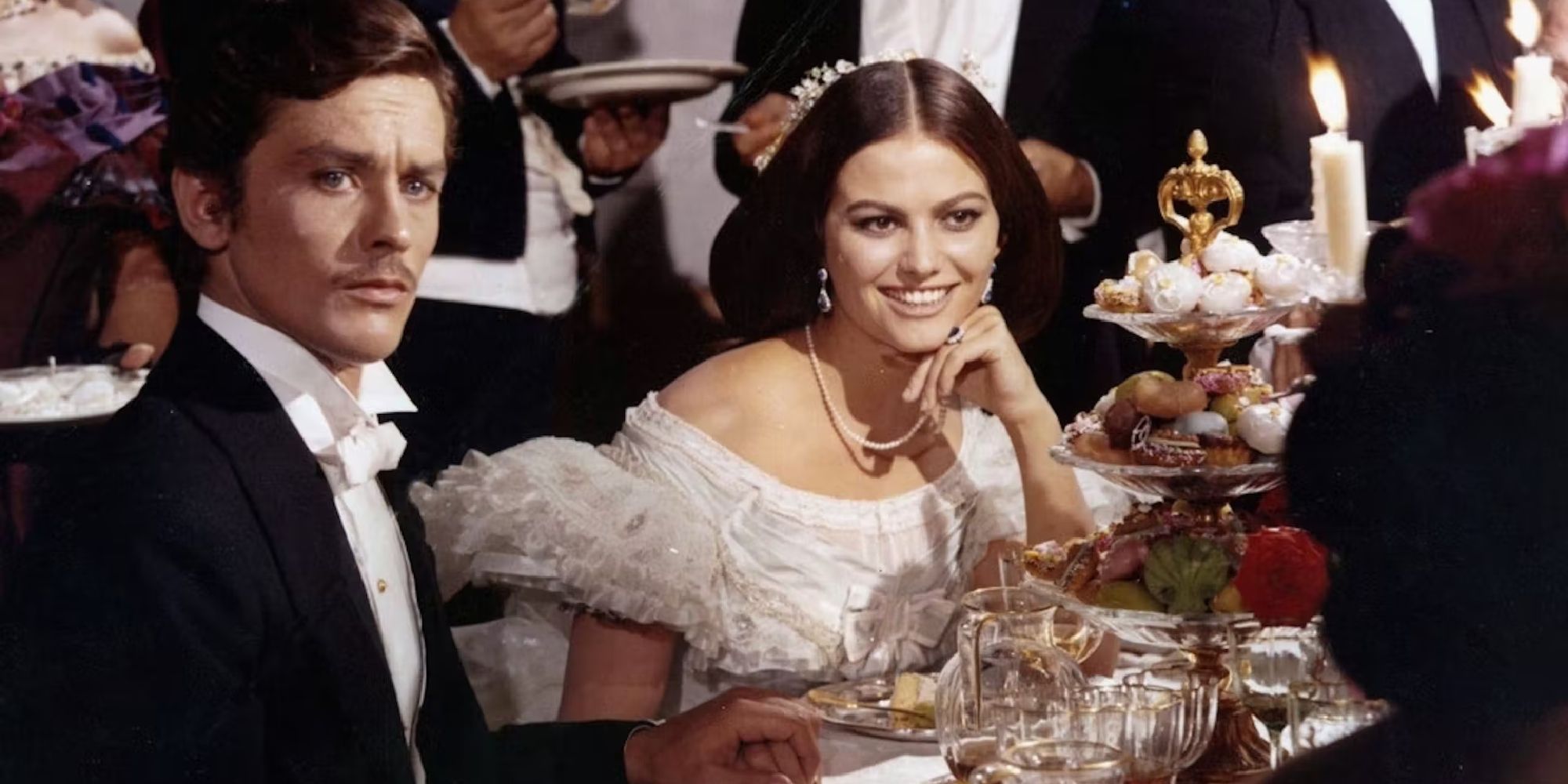
"We were the leopards, the lions. Those who will take our place will be little jackals, hyenas." was originally a legendary novel, but director rose to the occasion and did it justice with his film adaptation. It's a grand historical epic that chronicles the decline of the Sicilian aristocracy during the 19th century. The story follows Prince Fabrizio Salina (), an aging nobleman who watches as his world is slowly eroded by the forces of revolution and modernization.
In The Leopard, opulence lingers, but it is hollow; power remains, but it is slipping. These themes are complemented by the sweeping cinematography, lavish set pieces, and exquisite costume design. "Visconti was a very important filmmaker for me and has had an extraordinary influence on all my work," Corbet said. "Some of the most extraordinary sequences, I think, in the history of the medium."
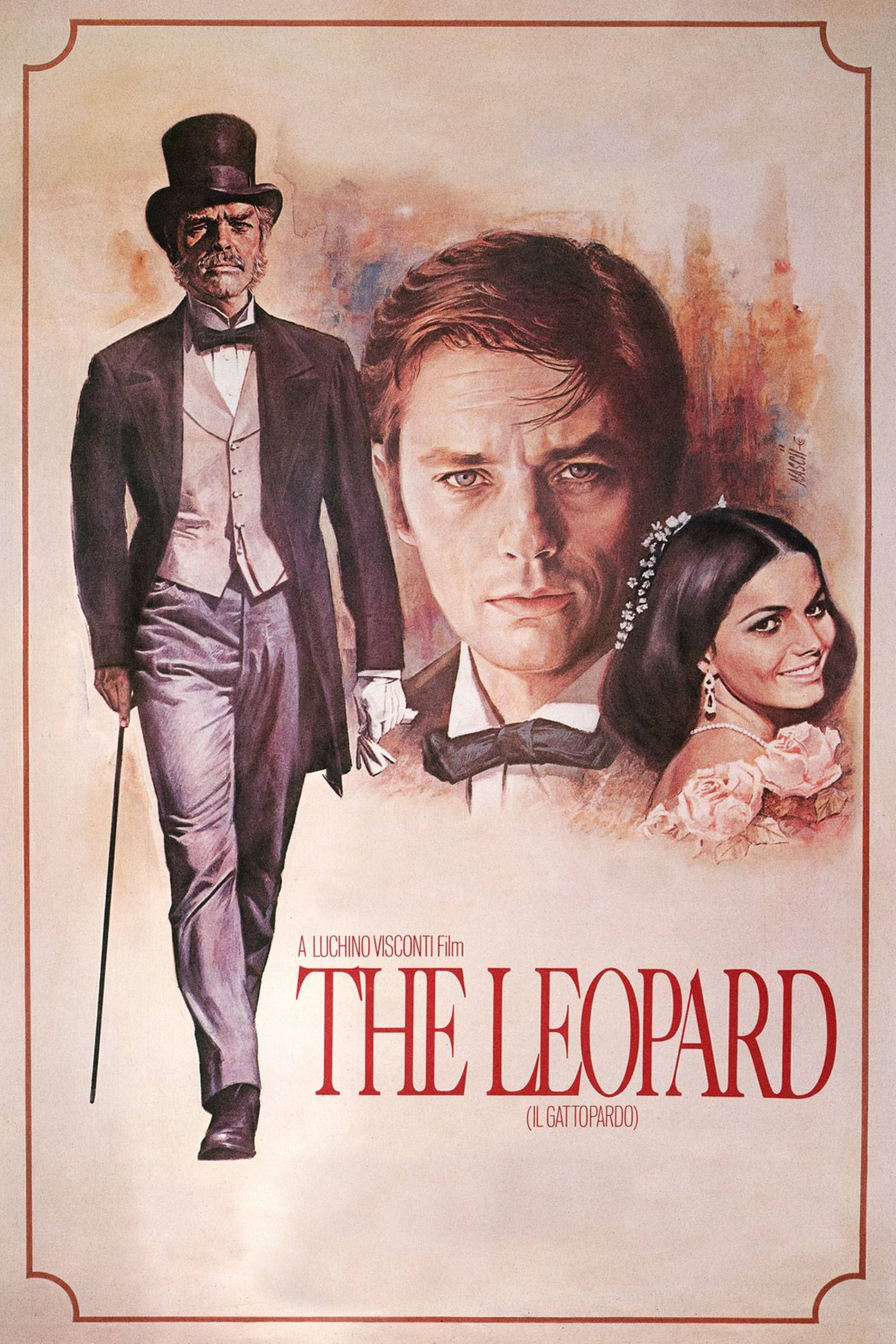
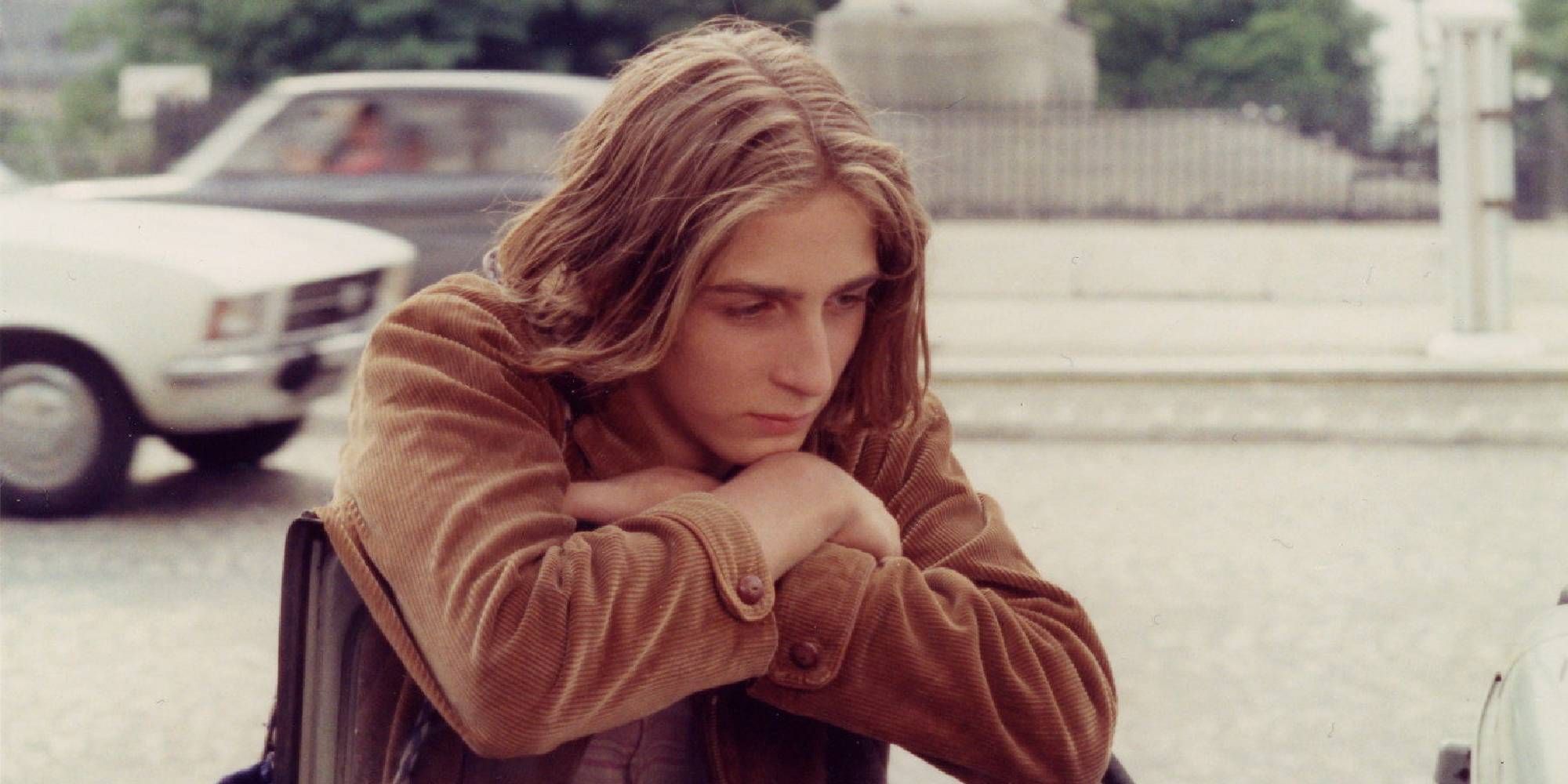
"The world is sick, and I refuse to be its doctor." The Devil, Probably is one of the more radical films from French filmmaker (, ), and that's saying something. It's a searing critique of modern society, following the existential crisis of Charles (), a young man who rejects activism, religion, and relationships as he searches for meaning in an indifferent world. He sees through many hypocrisies yet finds no alternative path.
Charles' journey toward self-destruction is bleakly inevitable, yet: the rhythmic clicking of shoes in empty corridors, the sculptural way youth lounge in effortless malaise. While it may not reach the transcendence of Mouchette or A Man Escaped, The Devil, Probably carries its own stark poetry. Corbet called the movie "one that changed my way of approaching movies, as a viewer and as a filmmaker."
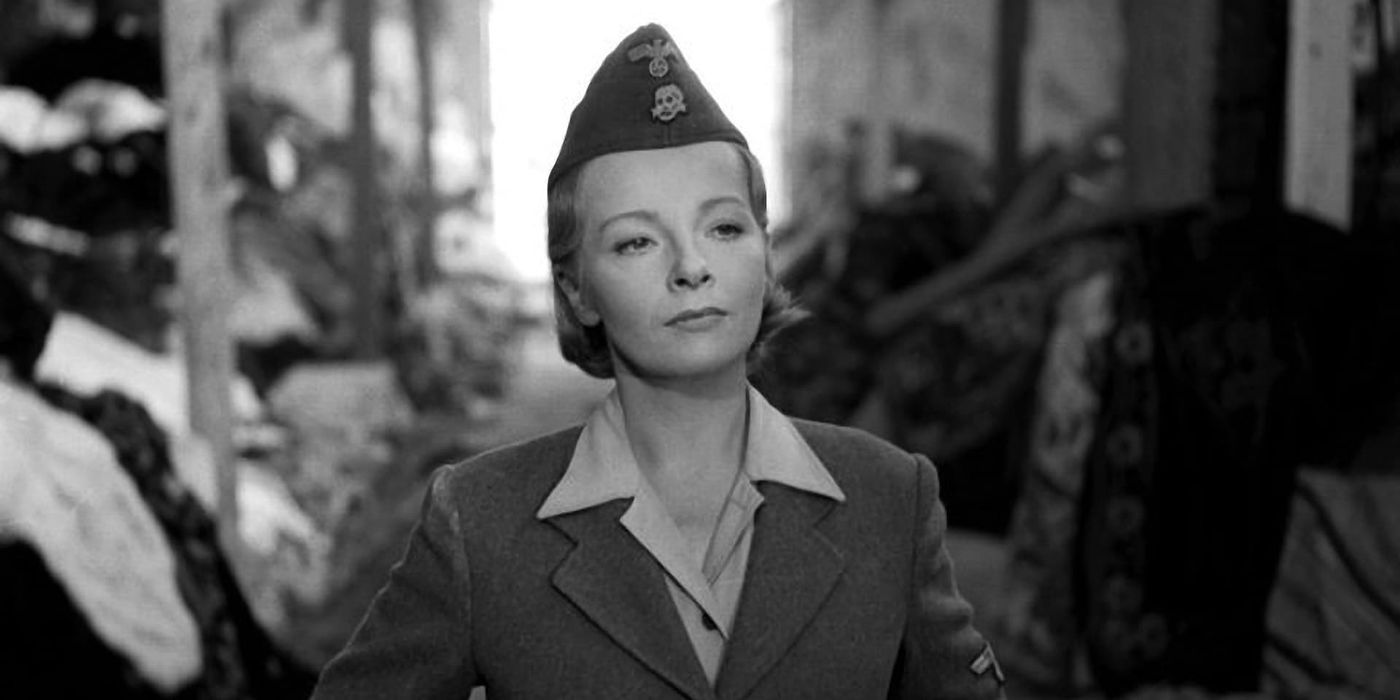
"If the dead could speak, what would they say about the way we remember them?" is a fractured and profoundly unsettling Polish film—unfinished due to the director’s untimely death. Pieced together from completed footage, stills, and narration, it tells the story of Liza (), a former SS officer, who recognizes a concentration camp survivor while aboard a postwar ocean liner. What follows is a series of conflicting flashbacks as Liza attempts to justify, downplay, or reframe her role in Auschwitz.
What makes the film remarkable is how it denies the viewer narrative certainty. We are not handed the truth—only layers of self-serving memory, silence, and historical absences. "I just love this film. Nobody has seen it. Whenever I mention it, everyone thinks of the Antonioni one," Corbet has said. "It’s tragic and disturbing, but also extraordinary for its level of craftsmanship, its impressive camera movements."
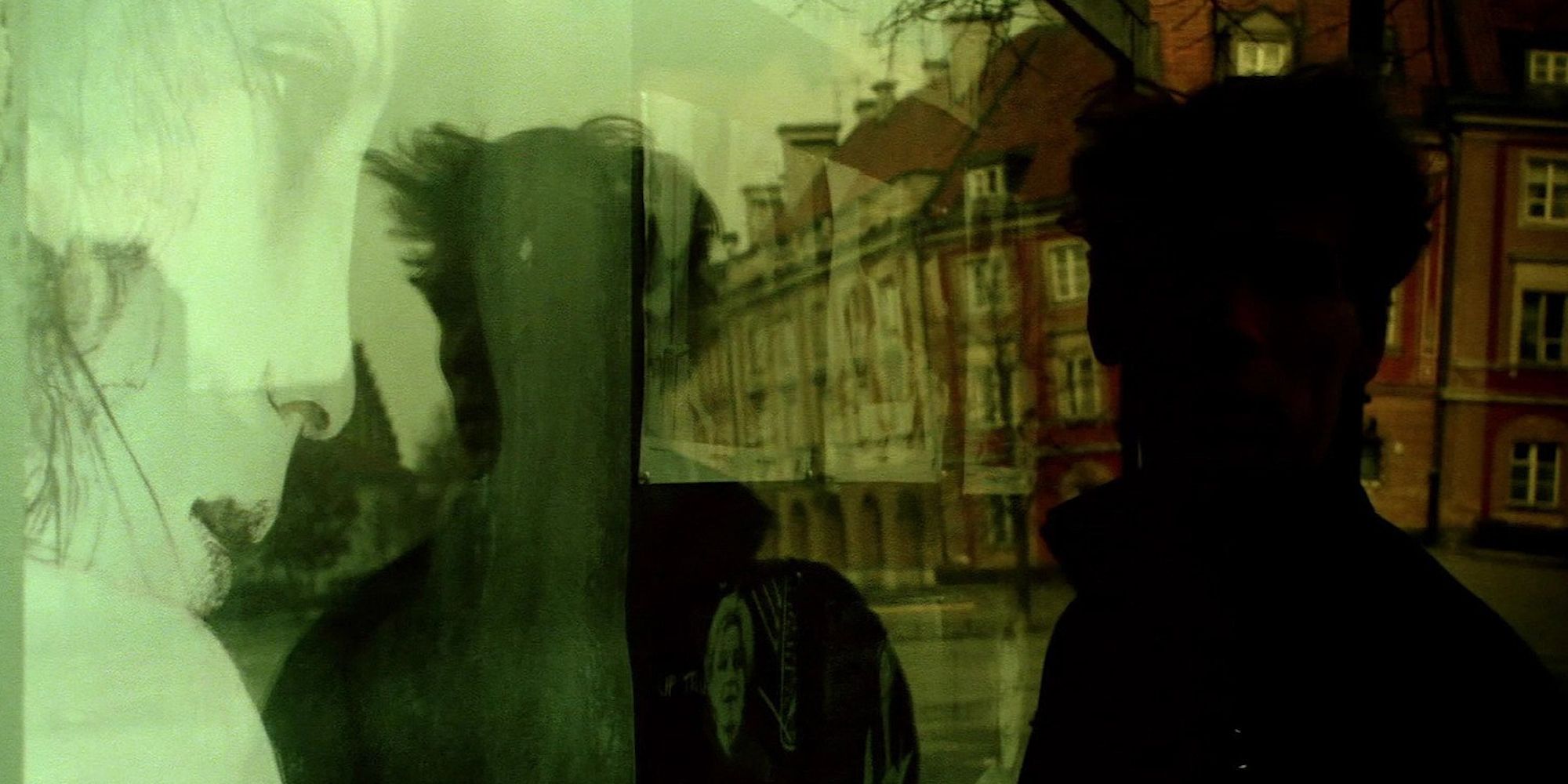
"Fear of death is ridiculous when you don’t even know what life is." This ten-part series from Krzysztof Kieślowski (the mind behind the Three Colors trilogy) is inspired by the Ten Commandments, each episode exploring moral and ethical dilemmas faced by ordinary people. Set in a bleak, modern Poland, the stories are deeply personal yet universally resonant, touching on themes of love, loss, faith, and betrayal.
Despite the subject matter, Dekalog is anything but a rigid theological exercise. Rather than moralizing, Kieślowski embraces the contradictions and complexities of human nature. Each episode loosely aligns with a biblical directive, yet the stories are too expansive, too entranced by life's messiness, to read like strict sermons. Made on a modest budget, Dekalog is nonetheless monumental. "Maybe the greatest achievement in the history of cinema," Corbet said of it. Roger Ebert, among many others, has also embraced the series as a masterpiece of the medium.
